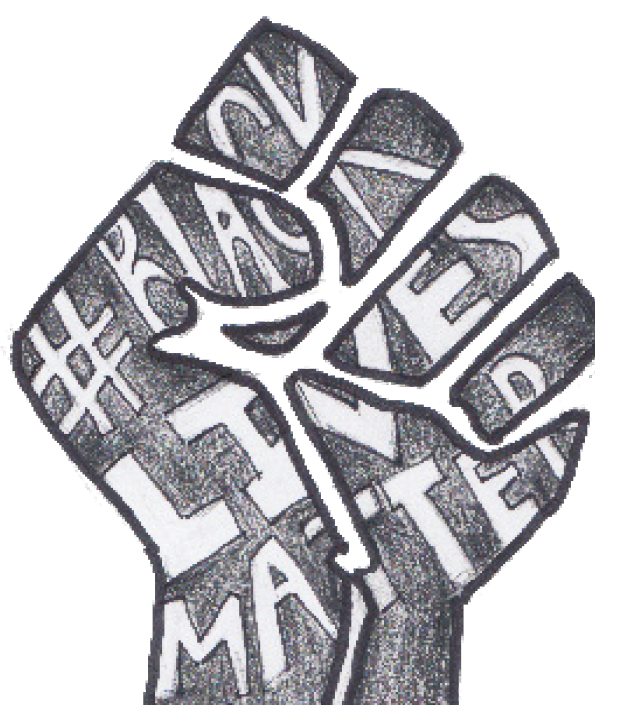While Deerfield students geared up for athletics during Choate Week, colleges around the nation faced an entirely different challenge: fighting racial discrimination.

In the first week of November at Yale University, student activities attempting to stop “systematic racism on campus” reached a peak. This struggle, which had been going on “for years” as described by Yale student Aaron Lewis, came to light on Halloween. A group of administrators sent a school-wide email urging students to be “safe and thoughtful” in avoiding costumes that were racially stereotypical. Lecturer Erika Christakis opposed this, writing in an email, “Is there no room anymore for a child or young person to be a little bit […] offensive?”
She was met with many angry students, who publicly confronted her and her husband, Professor Nicholas Christakis. Tensions doubled when the Sigma Alpha Epsilon fraternity turned away several people from a “white girls only” party based on their race. This prompted an open forum held by students to share stories of discrimination they experienced at Yale.
Around the same time, history was made when president of the Missouri University System, Tim Wolfe, resigned after demands made by numerous student associations. The series of student protests started during the Missouri homecoming parade on October 10th. Students blocked Wolfe’s car and expressed long-held concerns about the administration’s failure to acknowledge racism on campus, but Wolfe did not respond. “The largest state university and its administration has shown a lack of willingness to acknowledge the negligence and overall violence shown to black students. This is a pattern they’ve demonstrated both in the last year and historically,” stated the campus activist group Concerned Student 1950 on its YouTube video of the parade.
Concerned Student 1950, named after the first year the university accepted an African American student, demanded that Wolfe issue an apology and step down from office ten days after the parade.
African American football players followed suit, refusing to play games until Wolfe resigned. They garnered public support from the football coach and the athletic department. Finally, after outcries from the Missouri Students Association, Wolfe conceded on November 9th.
But the victory was short-lived, as on November 11th, two messages surfaced on Yik Yak containing racially charged threats to the university students. Upon hearing this news, many high school and college students nationwide, including Deerfield students, posted the following message on Facebook: “To the students of color at Mizzou, we, student allies at [insert school name here], stand with you in solidarity. To those who would threaten their sense of safety, we are watching. #ConcernedStudent1950 #InSolidarityWithMizzou”.
Deerfield Black Student Alliance Officer, Imani Goodridge ’17, posted on the Deerfield Student Forum only a few hours later, proposing a Blackout Day at Deerfield to support students of color at Yale and the University of Missouri.
“[Blackout Day] was a movement with a lot of colleges around the nation, […] and I thought we should bring it to Deerfield because it would make people aware, and I know a lot of kids actually really did care about what was going on, it’s just that most people [didn’t] know. I think that’s something we have to work on at Deerfield — to stay aware of things that happen outside of our campus,” Goodridge said.
Blackout Day proved to be a success, with an overwhelming turnout of students wearing black clothing. As another means of raising awareness, Orlee Marini-Rapoport ’19 suggested, “It would be great for certain classes to explore what happened at Yale and University of Missouri. The more there is dialogue surrounding these issues, the more likely we are to avoid the struggles faced at these schools.”
Aside from discussions in organized settings such as classrooms or alliance meetings, Goodridge explained that everyday interactions are valuable in promoting an inclusive community that embraces diversity: “I feel that people should take more time to go out beyond themselves to reach out to someone they’ve never spoken to before, […] someone that’s completely different from you. If it’s awkward, it’s awkward, but you should try. Take the initiative to go outside of your comfort zone.”
I think that students of color will only ever feel really comfortable and welcomed if they aren’t […] treated as people to be approached differently on matters as simple as making friends. Even if we belong to a group, we are still unique,” added Aminata Ka ’19.

